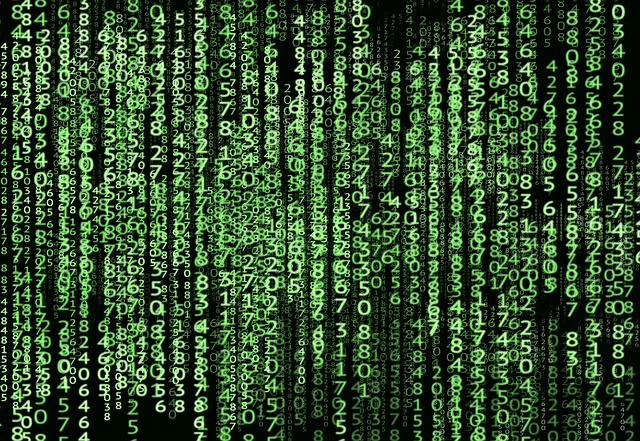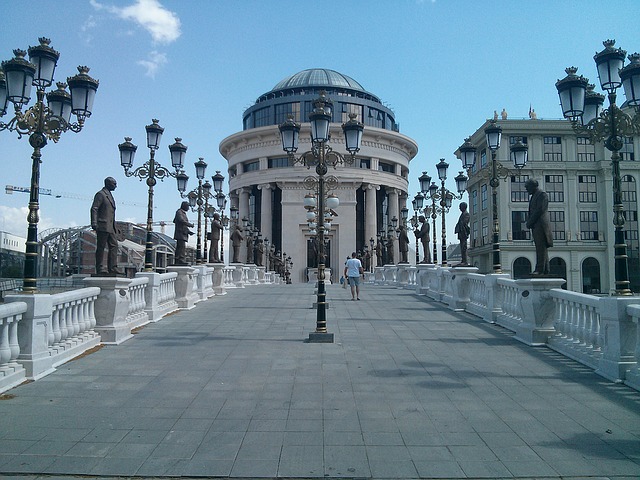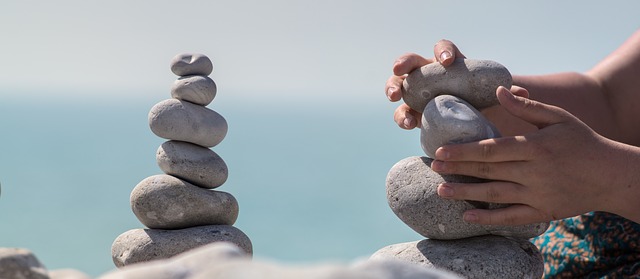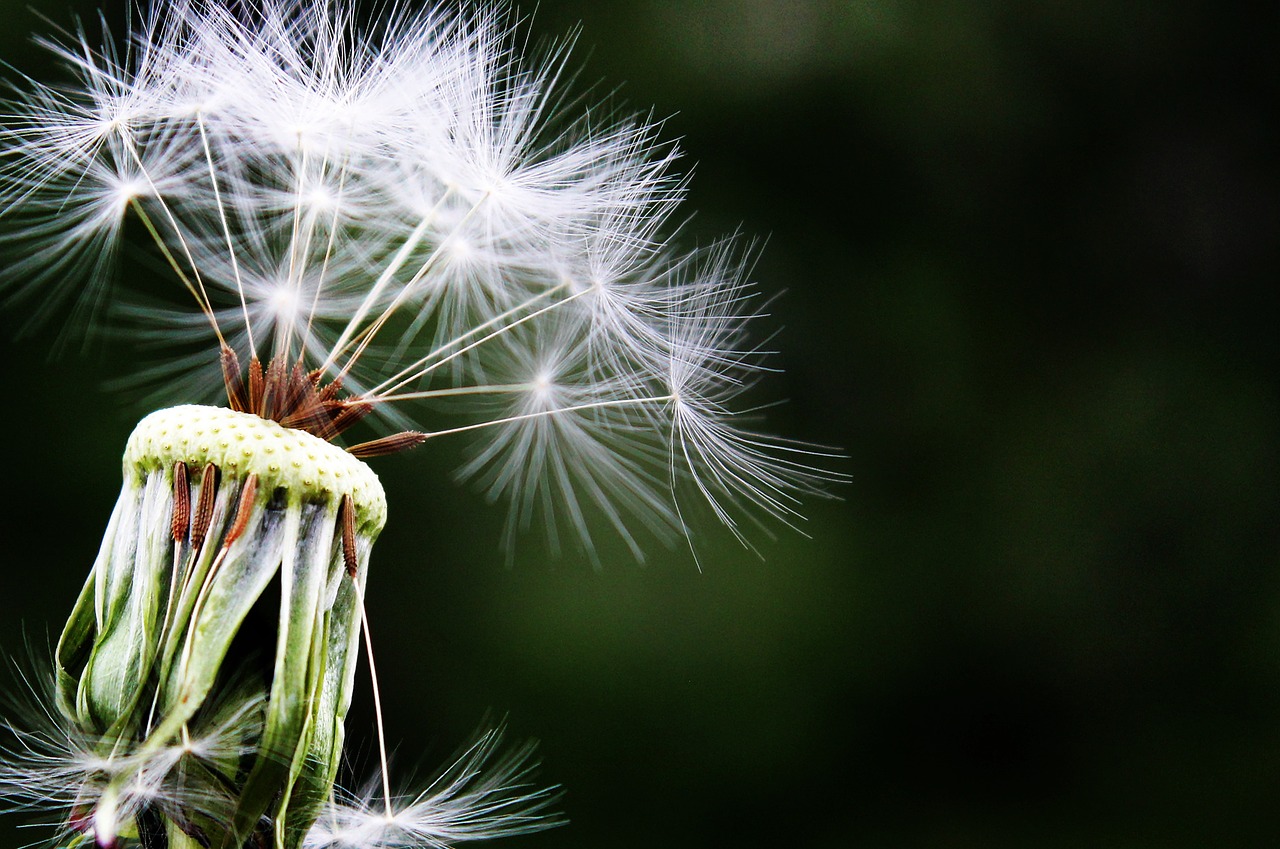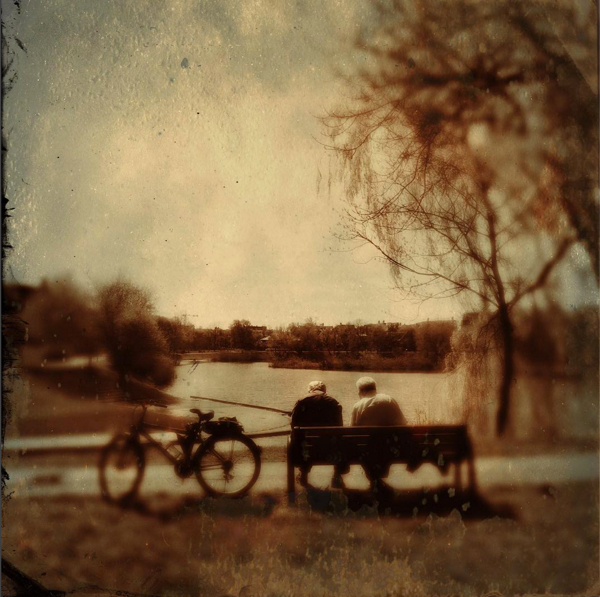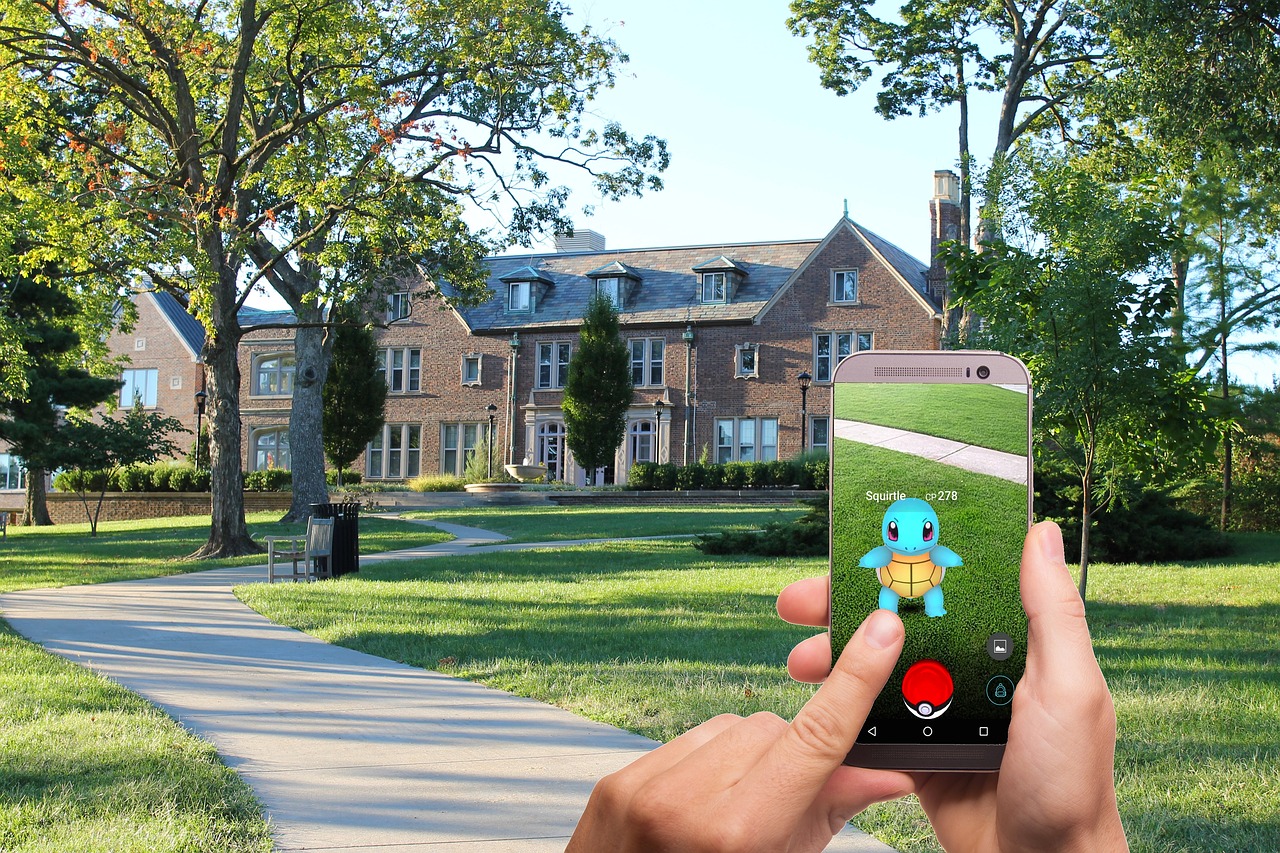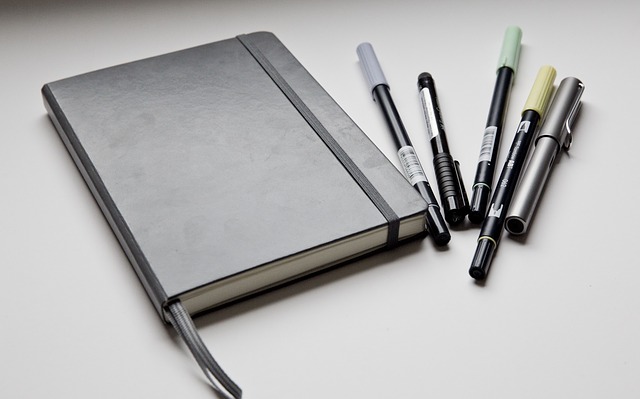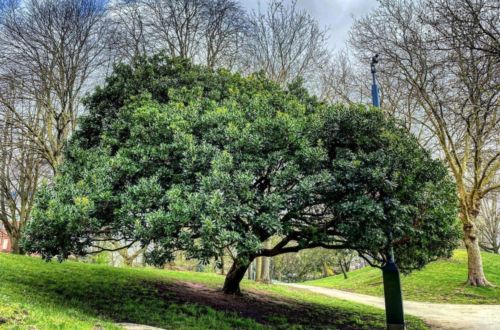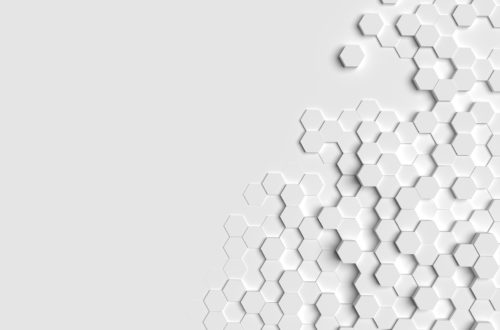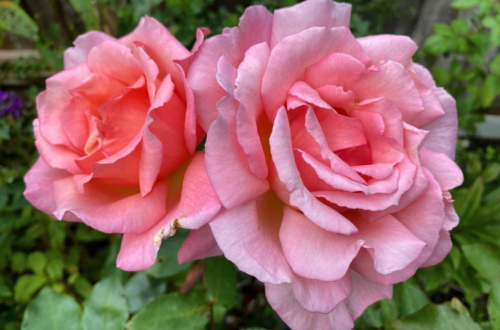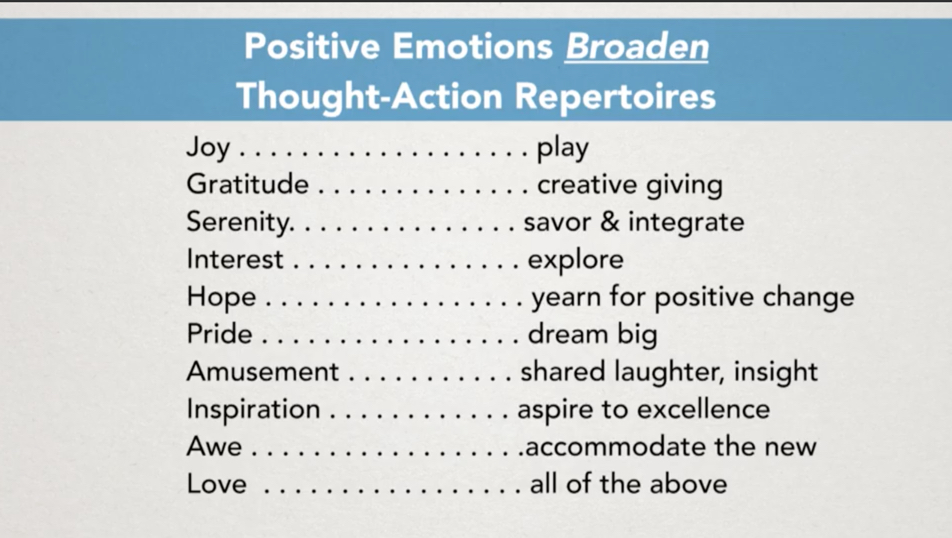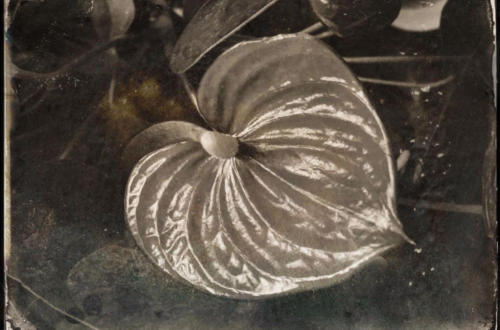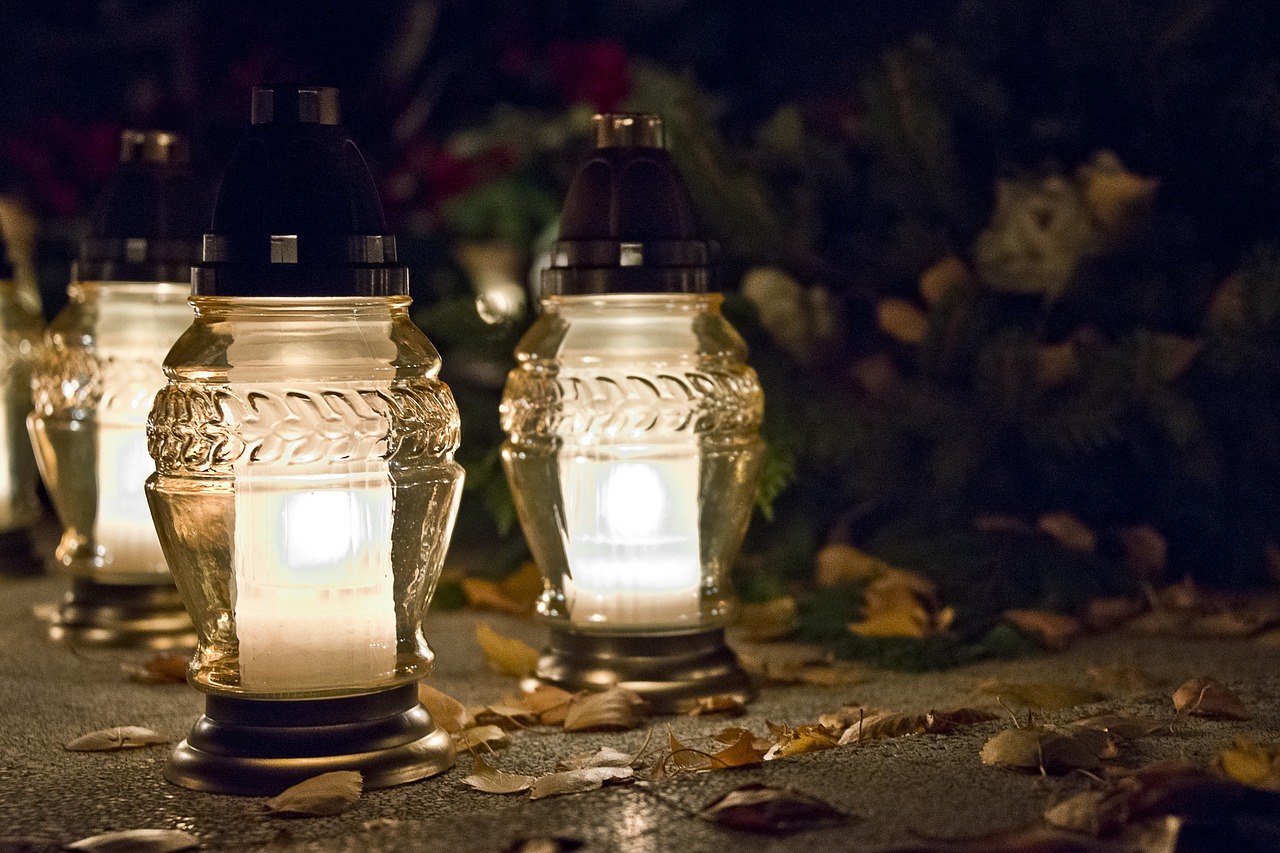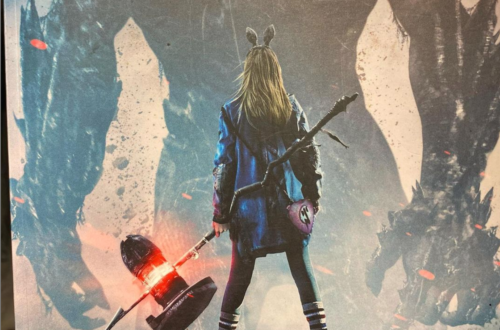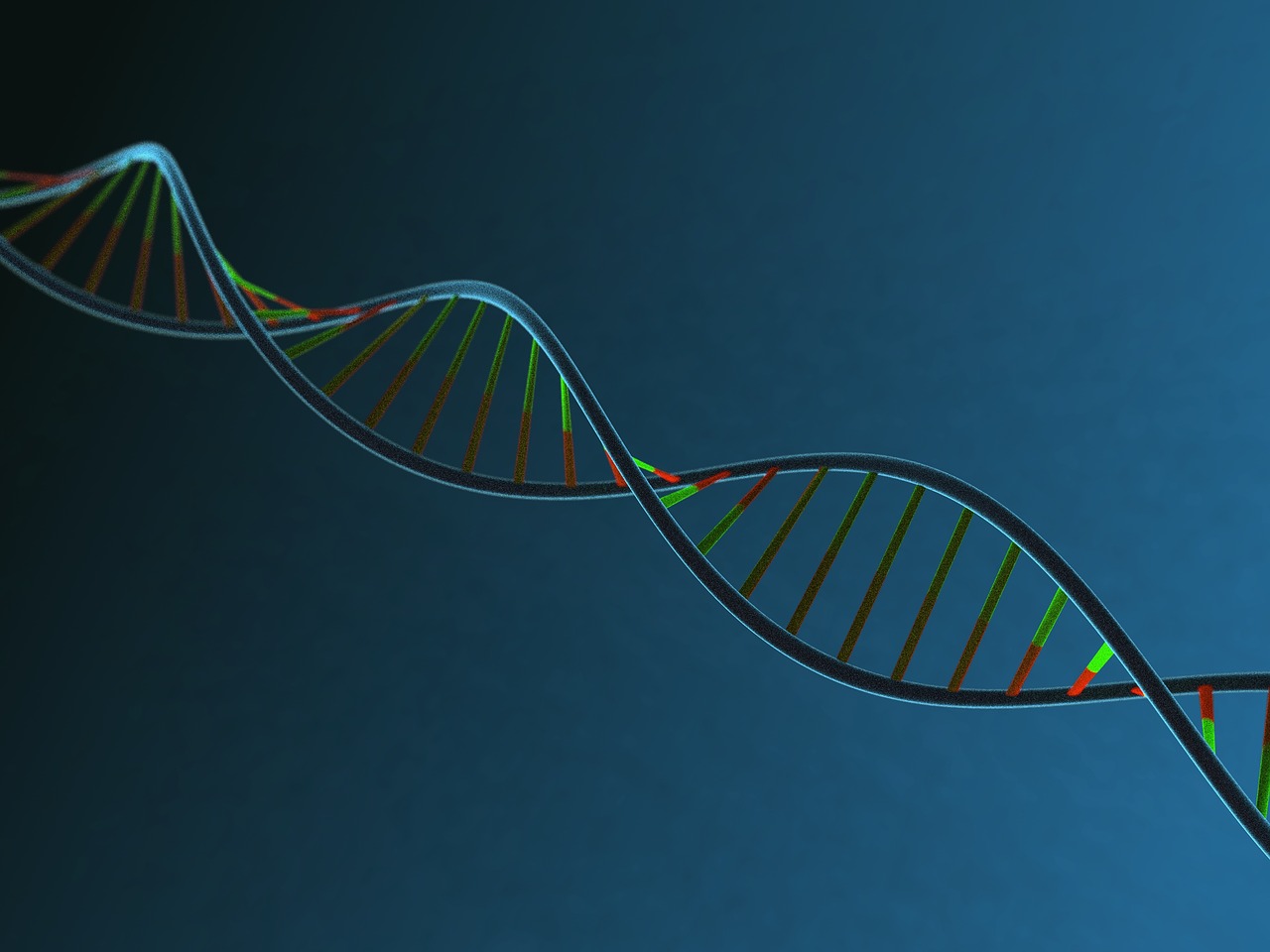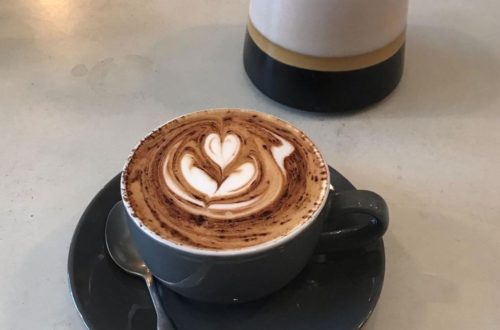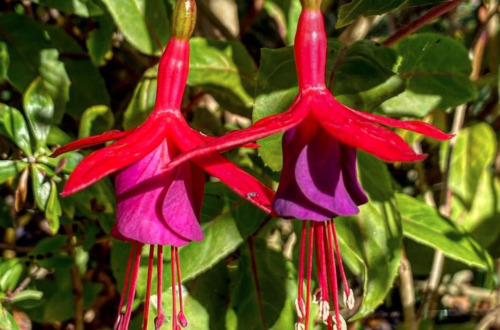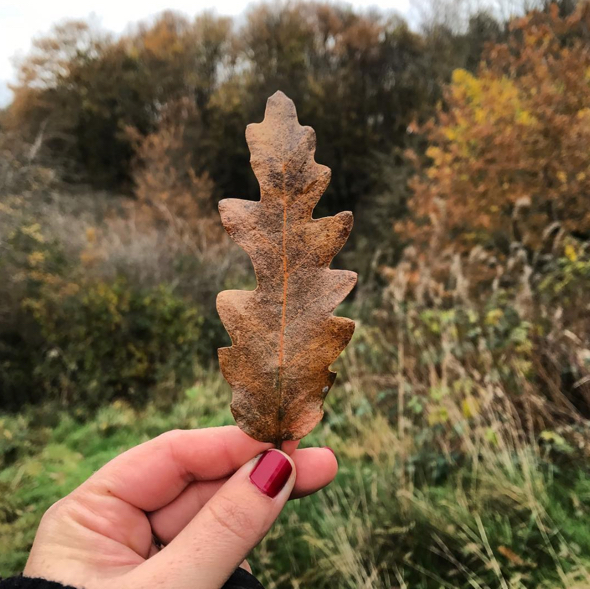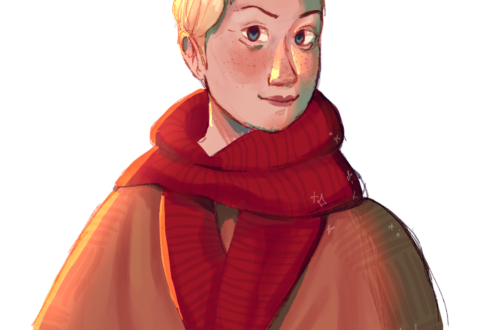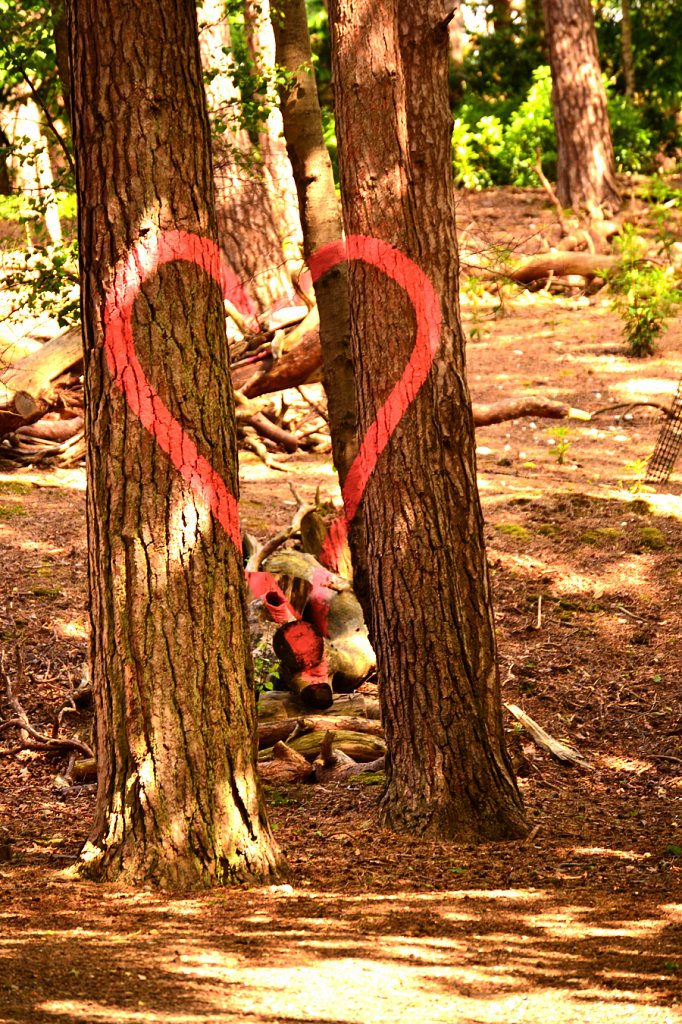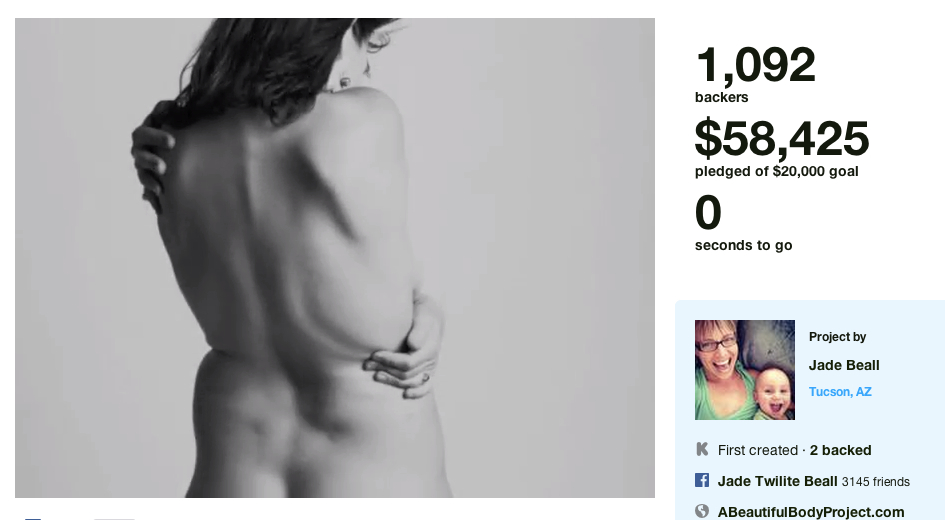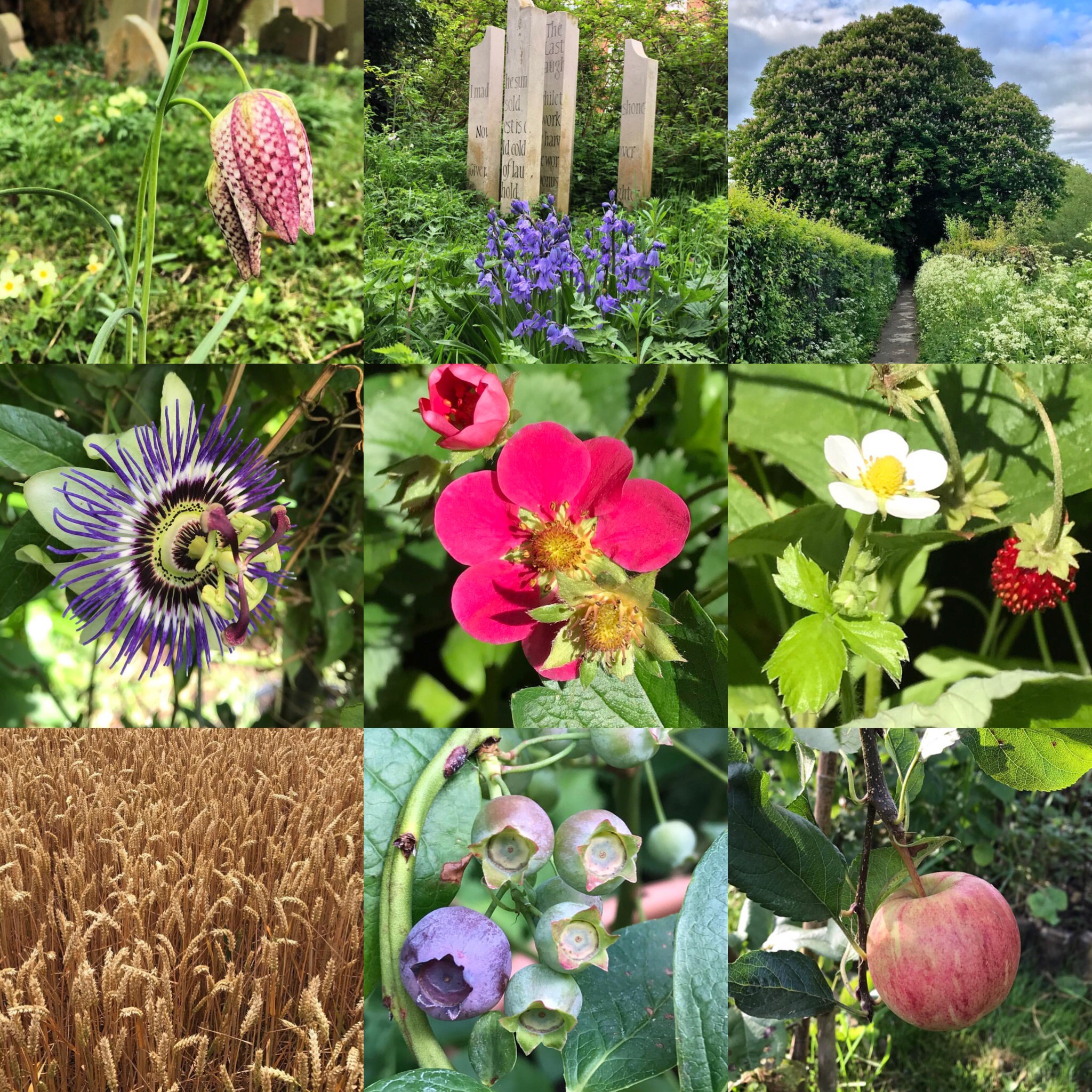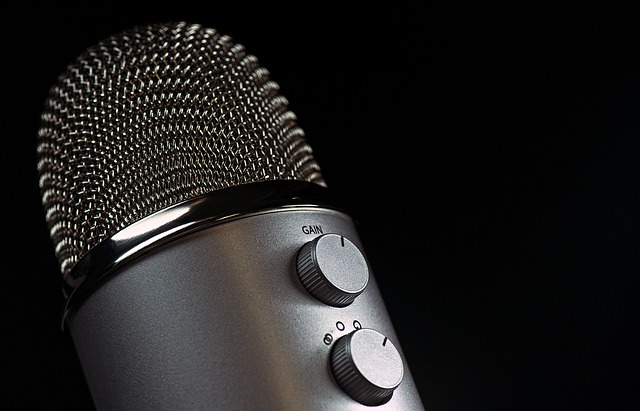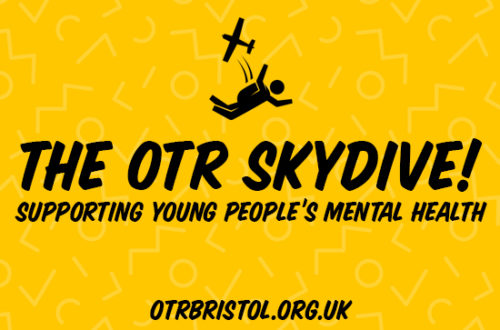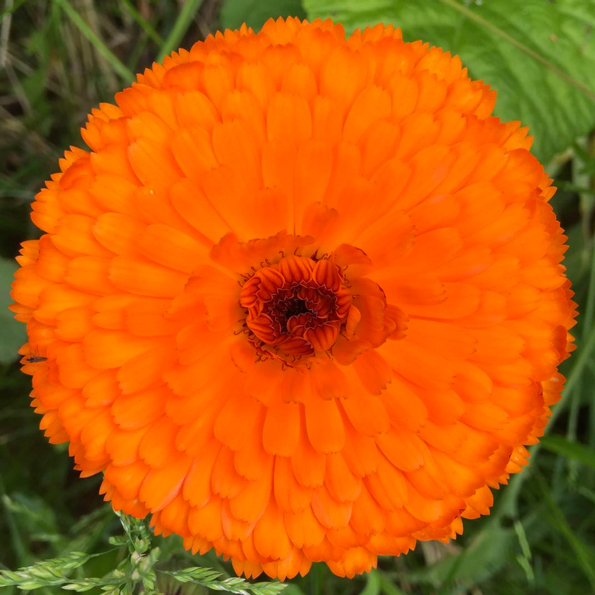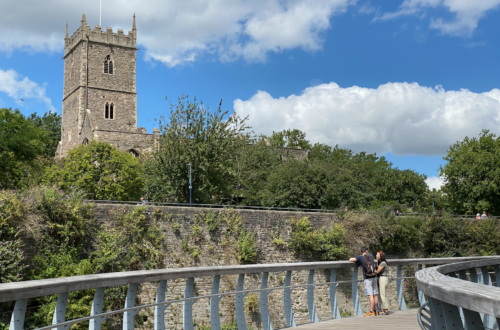-
On Facebook
So it’s time to comment on Facebook’s changes marking (for many) the first signs of the social media bubble bursting. Most of my clients and friends are asking me for my opinion about it so here it is.Mark’s post is here. In this post, the word “well-being” seems to be at the core of his sentiment but I fail to believe in this – I still see the videos interrupted with adverts and intrusiveness of advertising all over my stream. So this is obviously PR talk and we need to take it with a pinch of salt, but what is Facebook really trying to convey? Mark’s post does contain clues as to what will happen to brands and users in the upcoming months – and for the organic users, it’s not good news, for those who paid for ads, well, not good news eighter. Facebook will promote more user interactions and less organic content from brands – that is clear. To some extent, it was something they have always tried to do already, it’s not new – the scale of the change might be though. Pages will definitely see a drop in organic traffic, some pages will see a huge drop – that is clear. Posts from pages will not move all together to a separate feed on our Facebook walls (as per their test in some countries earlier this year) but we will see less of those organic posts from pages, so brands will suffer in organic visibility, ergo they with HAVE to pay for adverts. Posts from brands with no reactions will disappear from users feeds. Mark states the aims of their new strategy – “focusing on helping you find relevant content to helping you have more meaningful social interactions” – a strategy which will still connect users with relevant brand content, just differently. The way, we social media marketers see it is this: Facebook wants us to pay more money for the advertising. (Here is a good summary of Mark’s post in this context, one I agree with).I looked at some of the initial reactions. Social Media Examiner’s panicky video represents the view of marketers and it is fair to say that it is a huge blow to those who post over ten posts/day on their pages with limited reactions and focus mainly on organic posts (no advertising). I am attaching a similar reaction to mar’s posts explaining that impact. Jeff Jarvis also wrote a post about the impact of this algorithm change on news sharing organizations here. Robert Scoble already has the new version of the feed and posted his first post initiating a series of interesting comments here – I recommend some of the comments there. But ultimately what we see in here is the end of the organic reach on Facebook as we know it. We will see some of it, but I suspect not much.I also see that Facebook pages now offer groups as an option and in the last few days, the options there improved significantly. So we will be pushed to set up communities at the back of our fan pages to increase the organic feel of our brands. Is Facebook trying to compete with LinkedIn groups? Because at the same time LinkedIn is rolling out major changes in those – adding group posts to the main network stream and improving groups as they are?I don’t think this announcement helps Facebook’s reputation at the moment but considering an average network user, it might just work. I have received two nudges to check how “safe” my Facebook is (with a link to the usual privacy settings) – this type of user manipulation does not work for me but will work for many. We see interesting times when companies providing the major social media channels need to re-think their models and we are all watching. There is a lot we don’t know and it’s not a good feeling. I liked Facebook and other tools much better without any algorithms. I want my old Twitter and Instagram back – it was fun and it made sense to see everything in chronological order. Now, we are working a bit in the dark and we all need to make choices that are safe and sensible for our brands but those choices are becoming harder and harder.Putting ethics and politics aside (one for a separate post) at the end of the day, as users we are trading our data and our conversations in exchange for free networking opportunities and new connections – so it’s down to each and every one of us to make them smart and care for our own wellbeing. I really don’t think Facebook should be in charge of those choices – I do not need their help. I do not have to be on Facebook, yet I still benefit from using it. We will see for how long. We will see if the Facebook team will ever learn that the path their taking (the money driven one) is not sustainable forever. And we will see what else is on the horizon. It would be foolish to invest in just one channel. -
Bereavement stories
In my series of Christmas reads on death and bereavement I have also picked up a few books with real stories of bereavement. I think for the interested in the topic they are all really valuable, especially that despite all the bereavement counselling models, one often ends up feeling isolated and alone with grief. The only way to connect with others and feel that this experience is not ours alone – move beyond despair and permanence of death – is, possibly, to read about similar experiences of other people.
“Me after YOU” by Lucie Brownlee – I was really surprised by the honesty of Lucie’s journey after the loss of her husband. Initially, I found the language and her self-destructive behaviors a bit shocking, but only from my point of view. It was really helpful to reflect on that because Lucie could be my friend and I could easily understand her process of bereavement. I simply had to learn to look at it from her, not my point of view. It’s a brilliant story of the few months of bereavement – really feminine, honest, and helpful.
“All at Sea” by Decca Aitkenhead – Decca is a public figure and so her loss was heavily covered by the mainstream media which in a weird way makes it more “real” to me as a reader. I can Google her name, find the photos of her and her partner. I can imagine the man she lost and see him play with his children too. That is not to say that Decca’s loss is any more important than Lucie’s – actually reading this book as my second real was also a great exercise: everyone’s loss is different and it cannot even remotely be compared to ours or anybody else’s. That is why it is so painful – it’s extremely isolating. In this book too, the readers can follow Decca through the initial loss and all the year following it. I also found out online that even though she was left with two little boys, she has also battled cancer – what an extraordinary and challenging life! I think we can learn a lot about resilience from her and other authors in this post.
“My Mourning Year: A Memoir of Bereavement, Discovery and Hope” by Andrew Marshall – Andrew lost his partner, Thom, quite early on in their relationship and again my feeling was one of surprise – he is so very honest about his thoughts, actions and feelings. It really helps to understand the bereavement so much more if one reads memoirs written in such an open manner. I am ever so grateful for having the opportunity to share Andrew’s loss and learn from it too. Andrew is a relationship therapist so his insights are valuable to me on a different level too – it’s really useful to see how counselling can heal or might not be so helpful.
“On living” by Kerry Egan – Kerry’s book is a little bit different because it’s not her story, but a collection of stories from the hospice she was working at. It is written to encourage our love for life so each story contains a learning, a discovery made by people facing their death. Quite frankly most of those discoveries are things we battle every day but to hear it from those people means a lot and has more value – it’s not theoretical, nor is it something we know but avoid confronting. It’s the learnings and regrets from the point in life where we have nothing else to lose. So it is very real.
I loved all four books and I strongly recommend them to therapists but also to people who wish to understand the bereavement better. They are sad stories but they all contain a grain of truth and love for life, so they are very meaningful
-
WHO announcing gaming addiction as a disease
What a start to the year. The World Health Organisation added gaming addiction to their list of disorders due to addictive behaviours defining it as follows:
Gaming disorder is characterized by a pattern of persistent or recurrent gaming behaviour (‘digital gaming’ or ‘video-gaming’), which may be online (i.e., over the internet) or offline, manifested by: 1) impaired control over gaming (e.g., onset, frequency, intensity, duration, termination, context); 2) increasing priority given to gaming to the extent that gaming takes precedence over other life interests and daily activities; and 3) continuation or escalation of gaming despite the occurrence of negative consequences. The behaviour pattern is of sufficient severity to result in significant impairment in personal, family, social, educational, occupational or other important areas of functioning. The pattern of gaming behaviour may be continuous or episodic and recurrent. The gaming behaviour and other features are normally evident over a period of at least 12 months in order for a diagnosis to be assigned, although the required duration may be shortened if all diagnostic requirements are met and symptoms are severe.
Hazardous gaming can be also found in the section on factors influencing health status or contact with health services:
Hazardous gaming refers to a pattern of gaming, either online or offline that appreciably increases the risk of harmful physical or mental health consequences to the individual or to others around this individual. The increased risk may be from the frequency of gaming, from the amount of time spent on these activities, from the neglect of other activities and priorities, from risky behaviours associated with gaming or its context, from the adverse consequences of gaming, or from the combination of these. The pattern of gaming is often persists in spite of awareness of increased risk of harm to the individual or to others.
Both definitions are quite sensible as they contain the limitations and definitions of healthy and unhealthy gaming habits, related to both online and offline gaming too. The initial reactions are obviously varied, but it’s a very brave step – one which is really difficult to judge at this stage because we simply don’t seem to have enough of research on the impact of online gaming and because online gaming is a very complex topic – one which is often demonised, but rarely taken seriously.
When the Americal Psychiatric Association contemplated adding Internet Addiction Disorder to their fifth edition of the Diagnostic and Statistical Manual of Mental Disorders(DSM–5) it became apparent that we are dealing with a complex set of potential mental disorders altogether. I strongly recommend this short but insightful summary by Mark D. Griffiths. In the end, after a consultation with the industry and look at available research (for example some here) they decided not to include the Internet Addiction Disorder in the DSM-V, but made a strong recommendation that the further research is needed. They also changed the definition of the gambling as a behavioral addiction rather than as a disorder of impulse control which also allowed them to include the internet gaming in this area. Internet Addiction Disorder does have a wiki page and is not a new term but it is still handled carefully by health professionals and the relevant bodies.
So today WHO announcing a new definition of gaming addiction and adding it to the list of mental disorders send a strong message to the world.
In this entire discussion, you will see three groups of voices. On one hand, there is the gaming industry, Silicon Valley, tech enthusiasts, and professionals, but also researchers who see a positive impact of online gaming (on kids in the UK you will find Sonia Livingstone doing a lot of work with EU too, in the US for research on youth online check out Danah Boyd, for positive impact of gaming Jane McGonigal and her twin sister Kelly, both here). On the other side of the spectrum, you will see media, governments, legal institutions and the general public using the online gaming as an easy scapegoat for issues that are complex and often unaddressed (problems with social isolation, self-esteem, anxieties, toxic relationships, aggression, poverty etc). And in the middle, you will find health professionals (GPs, therapists, youth workers even) who are expected to provide support to the community with a very little good research and stand from leading organisations, oftentimes simply not knowing what to do.
Gaming is not exactly a tabu topic but the opinions about it are divided and not always informed, which does not help the actual individuals who enjoy gaming and feel a positive impact of it, nor the gamers who struggle with addictive behaviours but simply cannot seek professional help. There are increasingly more and more reahbs, camps and other ideas to help, but an average parent or spouse might suffer and struggle because the web and the mainstream media scare us, terrify us even and simply don’t offer any practical solutions.
So when I mention that WHO’s move is brave I am really worried because an average web user or a member of the general public will most certainly now use this fact to demonise the online gaming even more and leave the suffering, addicted individuals to their own devices or simply switch the wifi off. This is not helpful as it does not address the roots of the problem. It makes it worse. On the other hand for the health professionals and researchers, the WHO’s decision opens the doors for more research and more action to offer professional support and almost forces governments to actually look into this and provide funds for that support. Initially it will be directed at the overall gaming disorder, of course, but the more we study it, we will realise its complexity and learn to separate the old problems (anxiety, social isolation, bullying etc) from the new ones (addictive feedback loops of some games, social media related complex reinforcement of self-esteem issues etc). We will learn how to talk about both Internet addictions and gaming addictions too.
I remain hopeful. I really worry that a lot of kids and adult games will suffer from a lot of negative labeling, but I hope they have networks to support them in this first phase. In the long run, I think this is a good move, a natural step in the process of unpacking something new. Something that has an impact on us but it’s so early. We simply don’t know what impact it has on us. It might be that one day we will realise that the web is just like the street – an avenue on which other mental issues, the already known ones, are born. It might be that the technologists are a bit blind and we will discover new mental disorders and learn to support people suffering from them.
What we all need to remember is that every one of us is different and we all react to new stimuli differently (well but also badly). Those of us who suffer from bad habits and see friends and children falling into the abyss of useless gaming really need to have a good look around to identify the why’s and help but also look at the positive impact of online games and accept it – which is not easy. Those of us who work in tech, gaming industry or simply are advocates of innovation, need to learn to accept the fact that every new piece of innovation can come with its curses. We cannot pretend that we don’t know people (of any age) who have suffered from too much gaming in their lives in some way.
So I do like the WHO’s definition as it defines the scope of the impact of the actual disorder – it looks at the negative impact on health and it does give a year to diagnose an individual too. But we have to remember that every new definition can very easily turn into a label and labels are not nice. They stop us from seeing the human behind it. Let’s hope we won’t go down this route. Ultimately it will boil all boil does to how open those discussions are going to be and how informed and research based the choices of decision makers are going to be.
As a student therapist, I am happy to see that the health professionals will hopefully receive more support in this new and already fast-changing area of our lives.
-
On death, time and solitude
As I am approaching the end of my bereavement support course and facing the beginning of the Introduction to Psychology (a refresher I aim to take up this spring), I am summing up everything I have learned so far. I appreciate that my blog might be a bit depressing nowadays as I am posting a lot about death but here, in this post, I would like to mention a few books that aim to demystify this and sibling themes of our lives: solitude and time.
- “The worm at the core” by Sheldon Solomon, Jeff Greenberg and Tom Pyszczynski – sometimes I wonder why we don’t read books like this as mandatory in primary or at least secondary school. I so wish I was given this book much earlier! Three academics decided to look at the idea of death being the source of most of our daily problems in private life but also on a societal level. This book contains results of their own dedicated experiments, but also a really good write up of other research done all around the world. Five years after I was born Ernest Becker wrote a monumental book “The Denial of Death” which according to him is our defense mechanism, the ultimate form of our survival instinct. It is also the cause of many mental illnesses and the birth of our need to transcend death through heroic actions. (see for more here). “The worm at the core” is the terror of death and the authors of the book examine various consequences stretching to most areas of our lives. I particularly enjoyed the part about our need for religion and culture, but the areas dedicated to the birth of nationalism stroke particular cord with me due to the most recent events in the US and Europe. In a strange way, I found the terror of death theory comforting, maybe because sometimes it’s easier if the root of a problem becomes visible? I am not sure. I strongly recommend this book.
- “A philosophy of Loneliness” by Lars Svendsen was useful to me as I have experienced many forms of loneliness and I do find solitude extremely rewarding. I picked up this book from the library shelf on bereavement but I had selfish motives: I really wanted to learn more about the way we define and relate to our loneliness because I myself know for a fact there are happy and unhappy types of it. I found it interesting to learn about types of loneliness. There is the distinction between the chronic, situational and transient loneliness, for example. Chronic loneliness is something we suffer from for a long time. Situational loneliness is usually triggered by an event in life or loss of a person. Transient loneliness is more sublime and happens occasionally – we feel lonely for just a bit. There is also the distinction between social and emotional loneliness (Robert S. Weiss) where socially lonely personal lacks integration and seeks to be part of a community and emotional one is a lack of a close relationship with someone specific. All of those types of loneliness can occur separately and actually many people who are socially active still report feeling lonely. I also like the idea of defining various words related to loneliness. First of all, loneliness implies that we long for something we want and we don’t seem to be getting it – it’s a feeling of longing and waiting. But there is also being alone, solitude – the feeling of not being connected to others, but with no negative sentiment. And there is also abandonment – the state where we lose someone and sometimes also due to their own choice so the hurt can be stronger. Svendsen also talks about the underlying idea of trust in human relationships – something I think about a lot these days – and its role in loneliness. I found this book really helpful for myself but also for my future work with bereavement.
- “Ten thoughts about time” by Bodil Jonsson – I almost do not want to disclose what this book is all about as it’s so precious! I don’t think we talk or think about time enough and in the right way and Jonsson managed to convey it in a very academic, logical way. It’s a very small, light, fun read with great ideas, simple to implement too. But it’s worth stopping at every chapter and really getting it right. For example, time is your best asset – well, it took me almost 40 years to understand that it’s not money but time that’s my most precious but also most rewarding currency. I can stretch it, run through it, forget it and create more of it if I wish too – it’s possible because time is as subjective as anything else. So if there is anything I took out of this book (apart from a lot of good small tips, of course) is the author’s story of her older friend pointing out that if she feels she’s losing the grip on events now she should wait and see at older age – “just wait till your older!” To this author observed: “If my older friend’s observation was generally true, then the acceleration of time passing, which I had just begun to notice, would never decrease. This it followed that life would end much sooner than I wanted it to, because I enjoyed living very much” I will leave you with that and encourage to read the rest.
All three books really helped me gain perspective on death and bereavement counselling, but I think they are generally really useful reads.
-
Bereavement work – books
Today I would like to recommend three books with practical tips on how to approach bereavement – our own or someone else’s.
- “The essential guide to life after bereavement” by Judy Carole Kauffmann and Mary Jordan – possibly the most practical book I read so far with the actual tips on how to talk about the news of death, how to talk to kids, how to manage guilt, about the impact of death on the complex family systems but also about memorials, managing anniversaries and moving forward. It’s a very short and compact book – I think more suitable for people who need to do it now and want to find out the “how to” more than underlying processes of grief.
- “Working with bereavement” by Janet Wilson – Wilson is a nurse and academic with practical counselling experience so her focus is also very practical, but it does contain a little bit more dept. This book contains the best write up of all leading bereavement theories that I have seen so far (a real treasure for a student), then moves on to explain the process of death and what happens next. Wilson collects the practical tips of how to support the bereaved but she is also looking at specific important areas: context (culture, faith, spirituality), traumatic death and other specific circumstances and difficult, tabu types of dying (suicide, miscarriage, termination, neonatal and other child death). I think I appreciate the last two chapters the most: the unrecognised grief (for example dementia) and self-care for people who work with the bereaved – an area increasingly more and more important for counselling professionals. I think this book should be in the library of any therapist, really.
- “We need to talk about grief” by Annie Broadbe is what it states in the title: it’s a call to encourage us all to open up and speak up about our grief. The main problem with death is the fact we really don’t want to, nor know how to talk about it without upsetting ourselves and others. So when it comes to those moments when we need support after losing someone close, the society is everything but prepared to hold us. Broadbe collected stories of people’s bereavement and closed each chapter with a few practical tips and notes so when you read her stories think of them as specific experiences but also overall themes.
All fo the above books are now on my shelf and if you are looking for first aid help in bereavement for yourself or a someone else, do start with those.
-
Option B
I read a lot of books about bereavement recently, but this one stands out for the obvious reason: I work in social media so I remember Sheryl Sandberg posting the first post after her husband’s death. I remember the collective reaction to her grief going out in ripples across Facebook and other social media channels. I remember feeling a bit empowered that I could post a note and send her my condolences – even though we don’t know each other as such, I could still feel the pain of her loss. Obviously, I have no idea how it was for her and so I am really happy that she has published her story of bereavement in the book “Option B“. Not much is said about the role of social media in support for the bereaved and I am really interested in it. I have been through difficult times in life – none of which can remotely compare to her loss – but I still have received a lot of support and energy from my online networks. We are humans – regardless of the screen we are looking at.
I really like the honesty of Sheryl’s book and her focus on resilience, on the future of her kids, on treasuring the memory of her husband. But most of all I like the fact that she had the ability to ask for help and accept it. I am sure her days were so very hard and yet, surrounded by lovely people, we also can feel lonely and we can feel extremely isolated in grief. It seems to me from my studies so far that opening up to help, to support and learning to ask for help too, is crucial. There’s no “getting better” in grief. Thigs change, they never remain the same and the loss leaves a terrible emptiness which in time we might learn to live with. Build around it, possibly. That work – the PROCESS of grief – is much easier and less burdening, if we learn to do it with or next to others. That’s what I got out of the “Option B”. Would love to know what others think of it.
Additional reads:
My favourite quotes:
“I learned that friendship isn’t only what you can give, it’s what you’re able to receive.”
“Let me fall if I must fall. The one I become will catch me.”
“Poetry, philosophy, and physics all teach us that we don’t experience time in equal increments.”
“Happiness is the frequency of positive experiences, not the intensity.”
“Psychologists have found that over time we usually regret the chances we missed, not the chances we took.”
“Self-compassion comes from recognizing that our imperfections are part of being human.”
“I am more vulnerable than I thought, but much stronger than I ever imagined.”
“A traumatic experience is a seismic event that shakes our belief in a just world, robbing us of the sense that life is controllable, predictable, and meaningful.”
(3P’s of pesimism): “(1) personalization—the belief that we are at fault; (2) pervasiveness—the belief that an event will affect all areas of our life; and (3) permanence—the belief that the aftershocks of the event will last forever.”
“Avoiding feelings isn’t the same as protecting feelings.”
“ When it’s safe to talk about mistakes, people are more likely to report errors and less likely to make them.”
“Blaming our actions rather than our character allows us to feel guilt instead of shame.”
“One of the most important things I’ve learned is how deeply you can keep loving someone after they die. You may not be able to hold them or talk to them, and you may even date or love someone else, but you can still love them every bit as much.”
“Let me fall if I must fall. The one I become will catch me.” Slowly,”
“Even in the face of the most shocking tragedy of my life, I could exert some control over its impact.”
“These aren’t personal questions. They are human questions”
“Post-traumatic growth could take five different forms: finding personal strength, gaining appreciation, forming deeper relationships, discovering more meaning in life, and seeing new possibilities.”
“Option A is not available. so let’s just kick the shit out of Option B.” Life is never perfect. We all live some form of Option B.”
-
Wesołych!
U nas w nowym domku więcej miesjca na choinkę a przede wszystkim ogromna ilość światła, więc pod choinkę poprosiłam o małą palmę z IKEI. Mam więc w kuchni wystrojoną palmę – bo jak człowiek dorasta to może zdobić tak, jak sam chce.
Wesołych!
-
Faith


“I believe in everything until it’s disproved. So I believe in fairies, the myths, dragons. It all exists, even if it’s in your mind. Who’s to say that dreams and nightmares aren’t as real as the here and now?”
John Lennon -
My 2017
#2017bestnine was a busy hashtag this year and I am noticing that many people posted those visual annual reviews way earlier than in the past, some even before Christmas. I am still trying to oppose the trend of earlier and earlier celebrations so my best nine visuals were posted today.

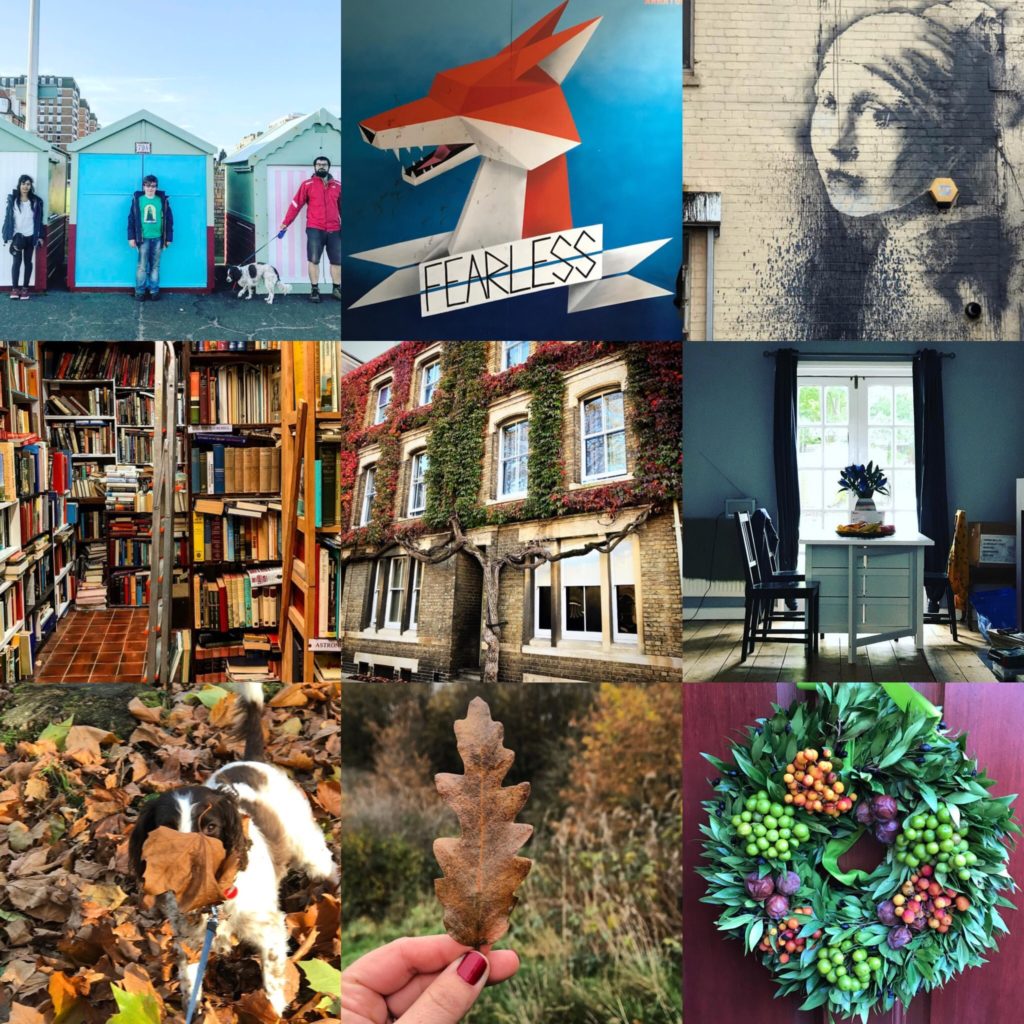
This year was really busy and a lot has changed in our lives. I finished a school. Moved home. Re-connected with close friends. Started new studies. Re-connected with reading more than ever. Still loving nature and dog walks.

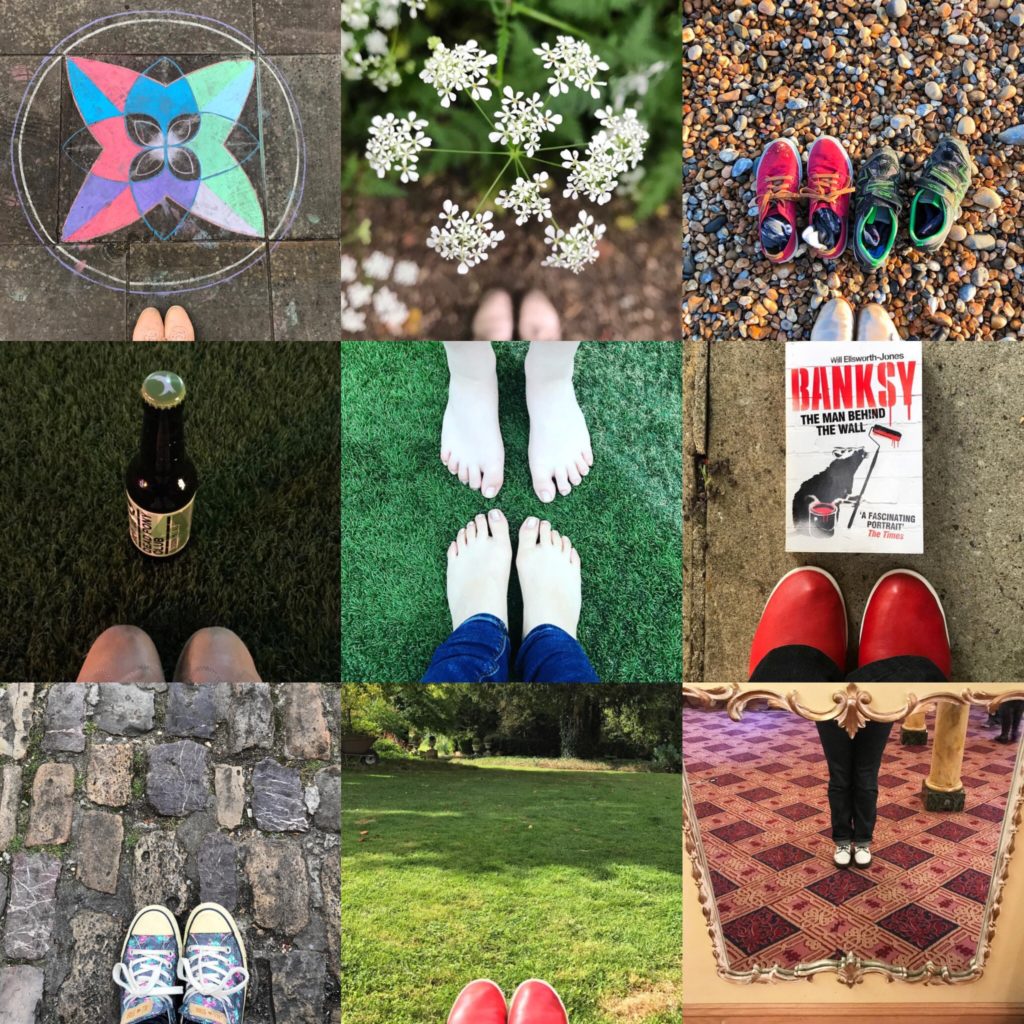
I do have my shoeselfie #2017bestnine too because those images remind me to be grounded in reality and aim for the stars;)

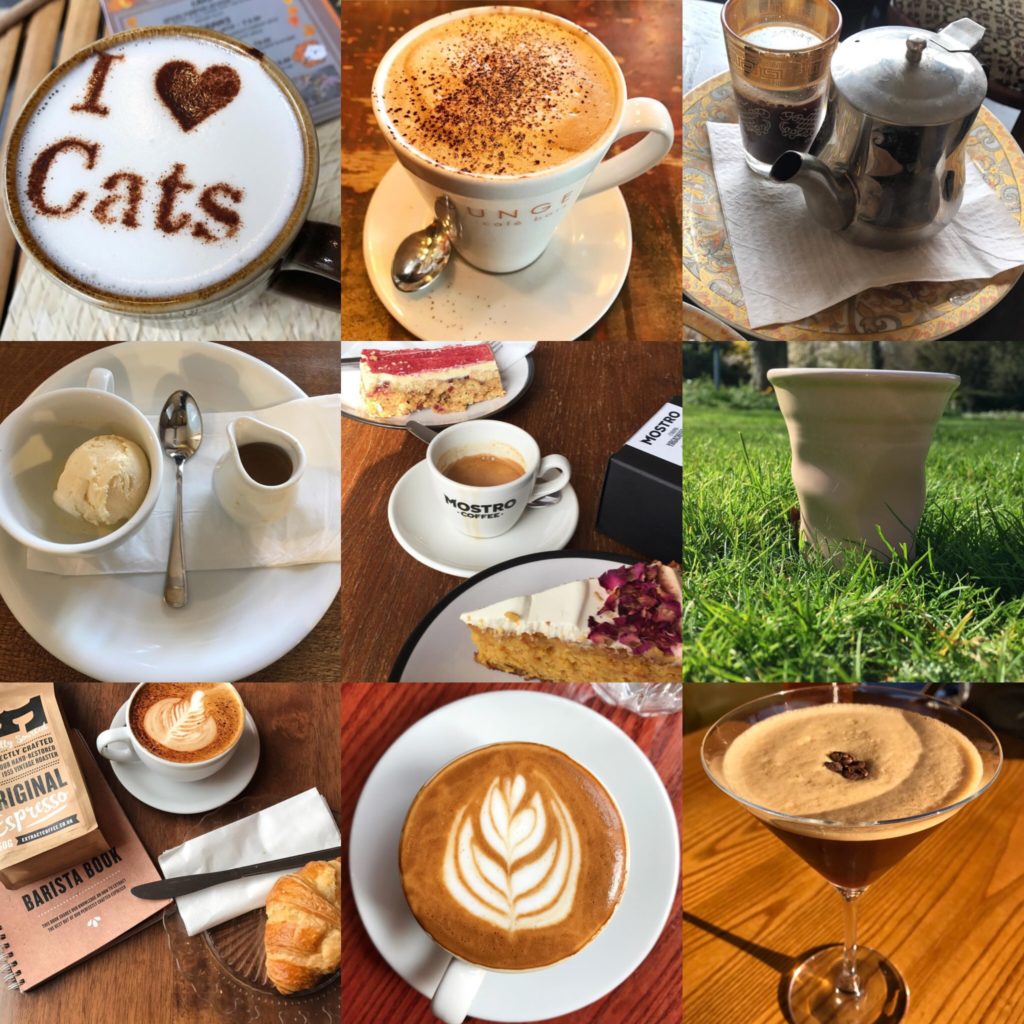
I had wonderful moments over coffee, tea, hot chocolate and those photos always remind me of the friends and family I am blessed to share those wonderful times with.

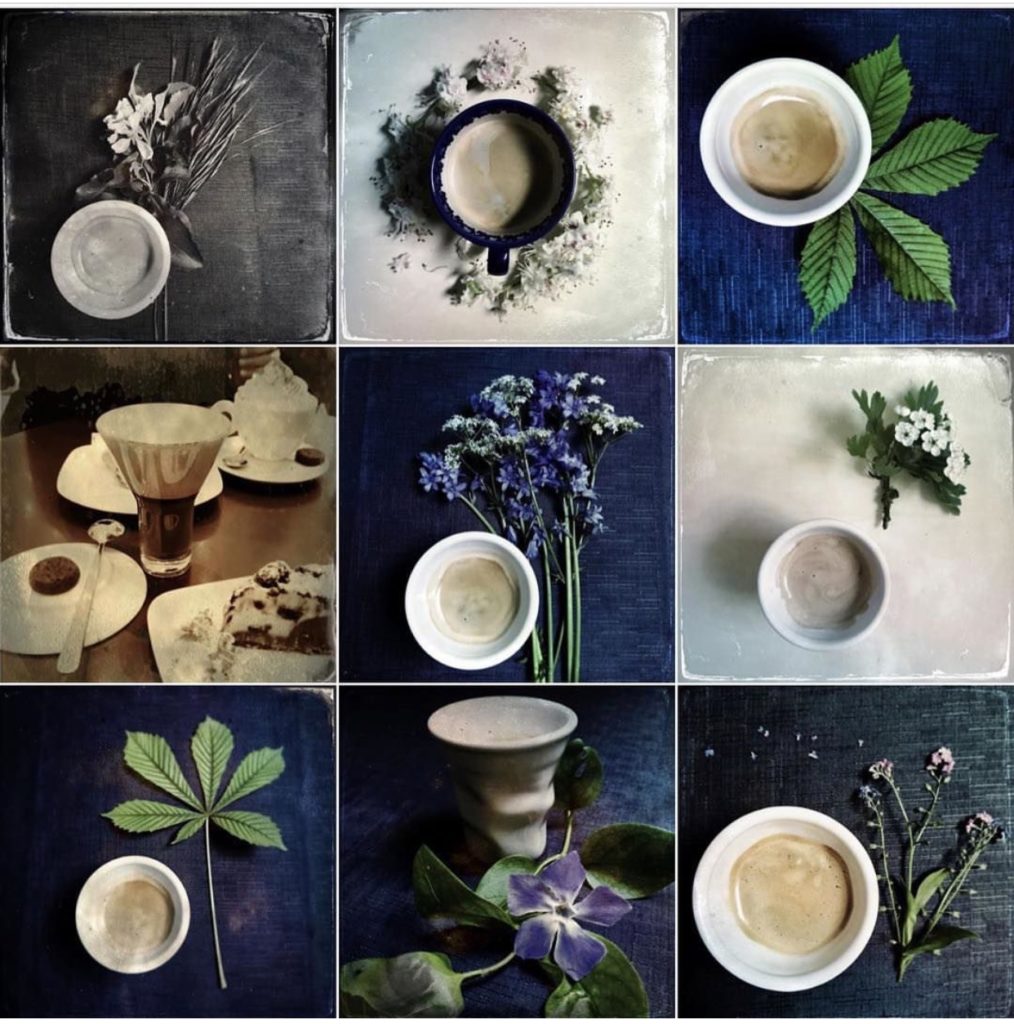
I have spent some time on a creative Instagram project too. @Mylittlecoffeeblog is a reminder that little treasures are all around us, we just need to stop and remember to be playful, childish but also grateful for nature. I used to bring small tokens of it home when I was a kid and this year I started to do it again. But when home I would drink a cup of coffee and capture the moment for this Instargam account.

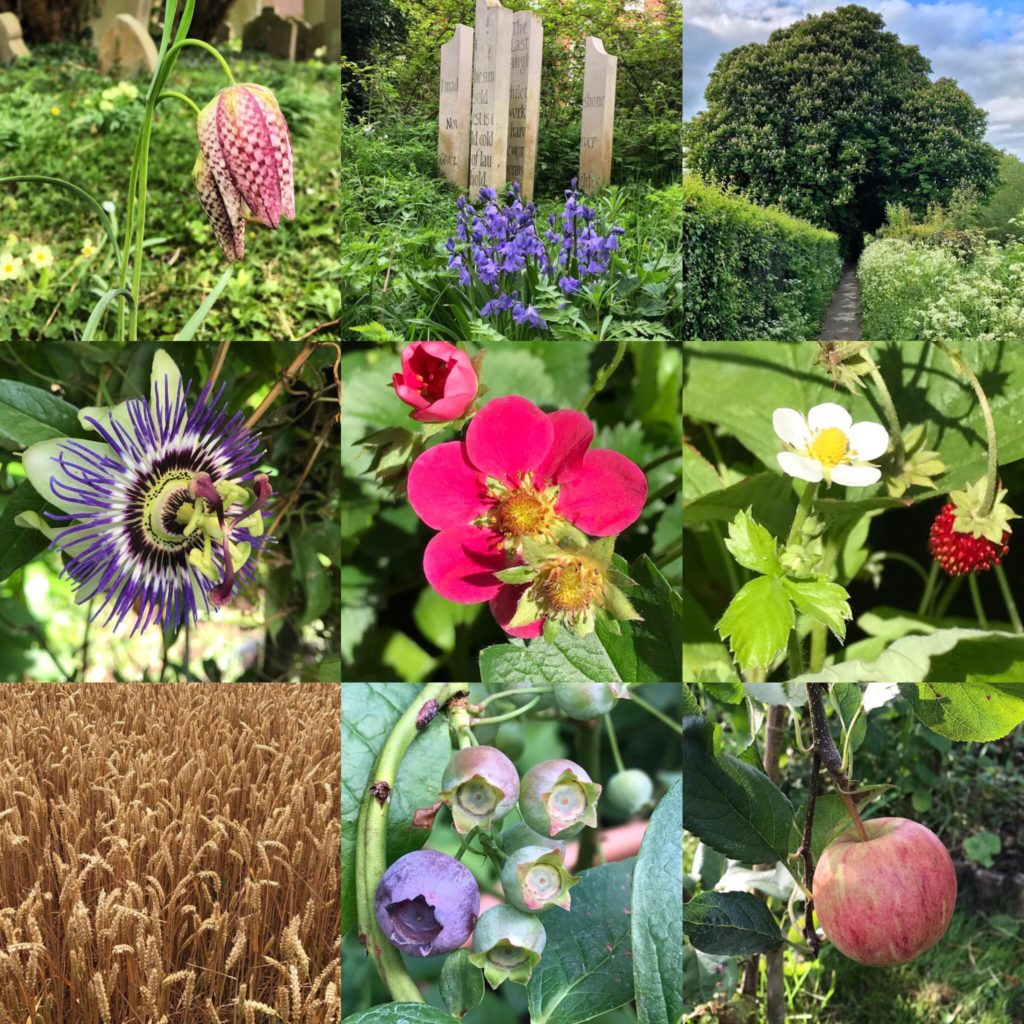
But the entire year was full of flowers, fruit, trees…we said goodbye to our lovely allotment 108 and started 2018 with a Bristol allotment application, although I am told this can take a while. I cannot wait for spring because our new home has a lovely garden too. We were lucky that we could bring most our plans from Wantage to our new home. This year I focused on plants, fruit, and veg from my childhood. I grew blueberries, wild strawberries, apples even. I grew plants that in the past would be so exotic – like passion fruit for example. It always makes me happy to create those new forms of life.

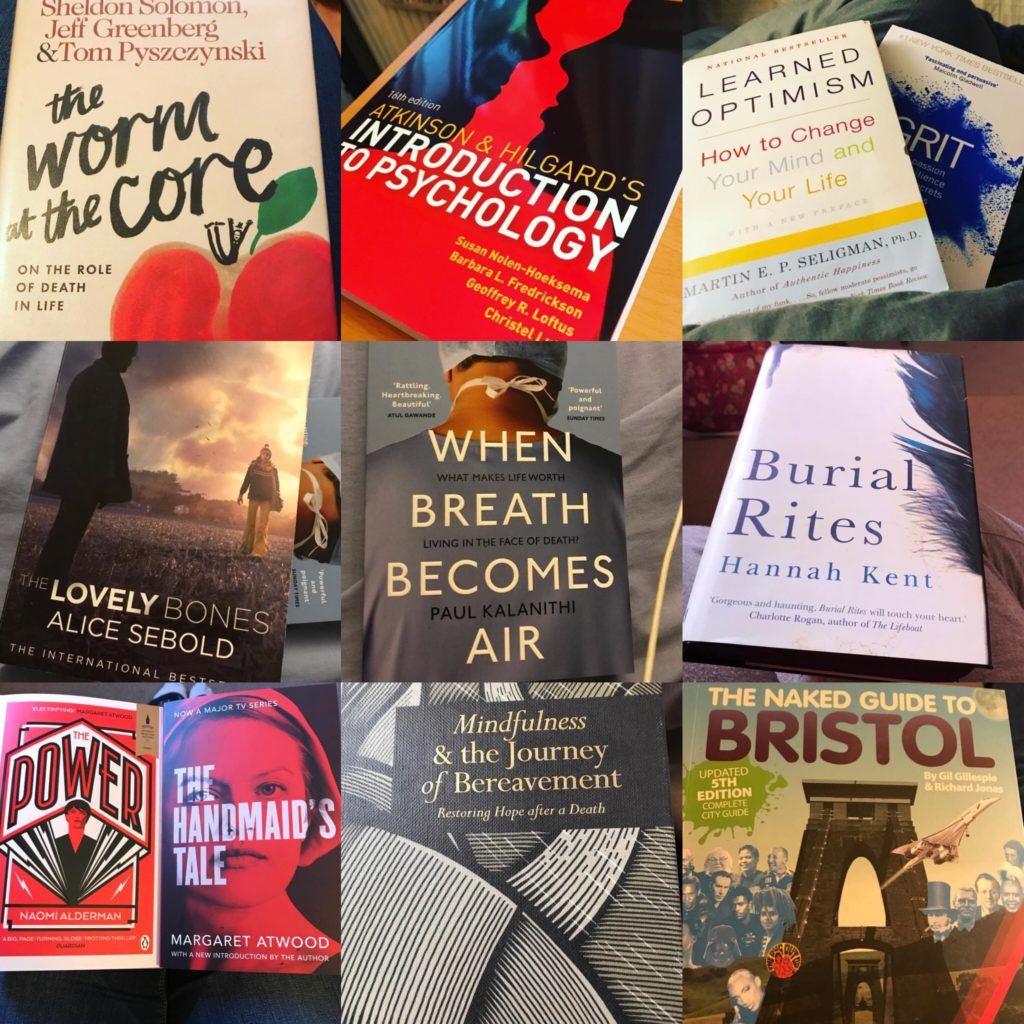
And finally, the most important development of this year was reading. I was always reading but since university, I did not really make time for it so now I am back to a lot of reading due to my studies. Like with any other habit, the more I read, the more time I find for it. I read a lot about death and love this year. I wonder what core topics for 2018 will be. We will see, but I think 2017 was so rich and so much has shifted that I will carry all those moments in me for quite a long time.
Thank you to each and every single person who made this year so rich and who was there with me and my family.
-
Christmas

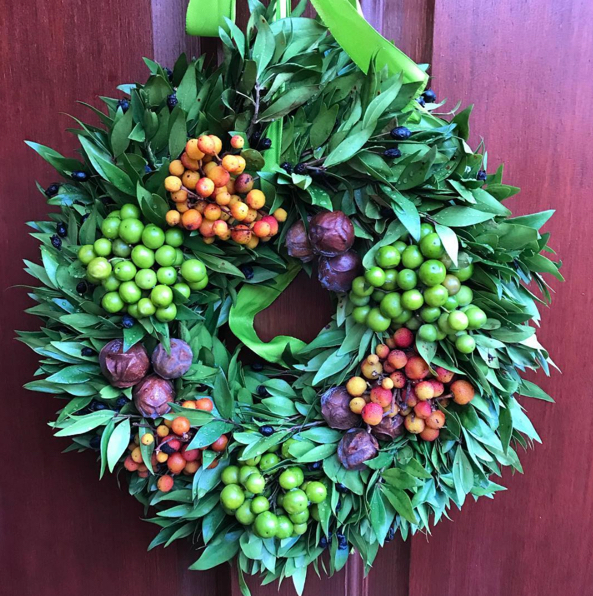
“Christmas, children, is not a date. It is a state of mind. ”
Mary Ellen Chase
